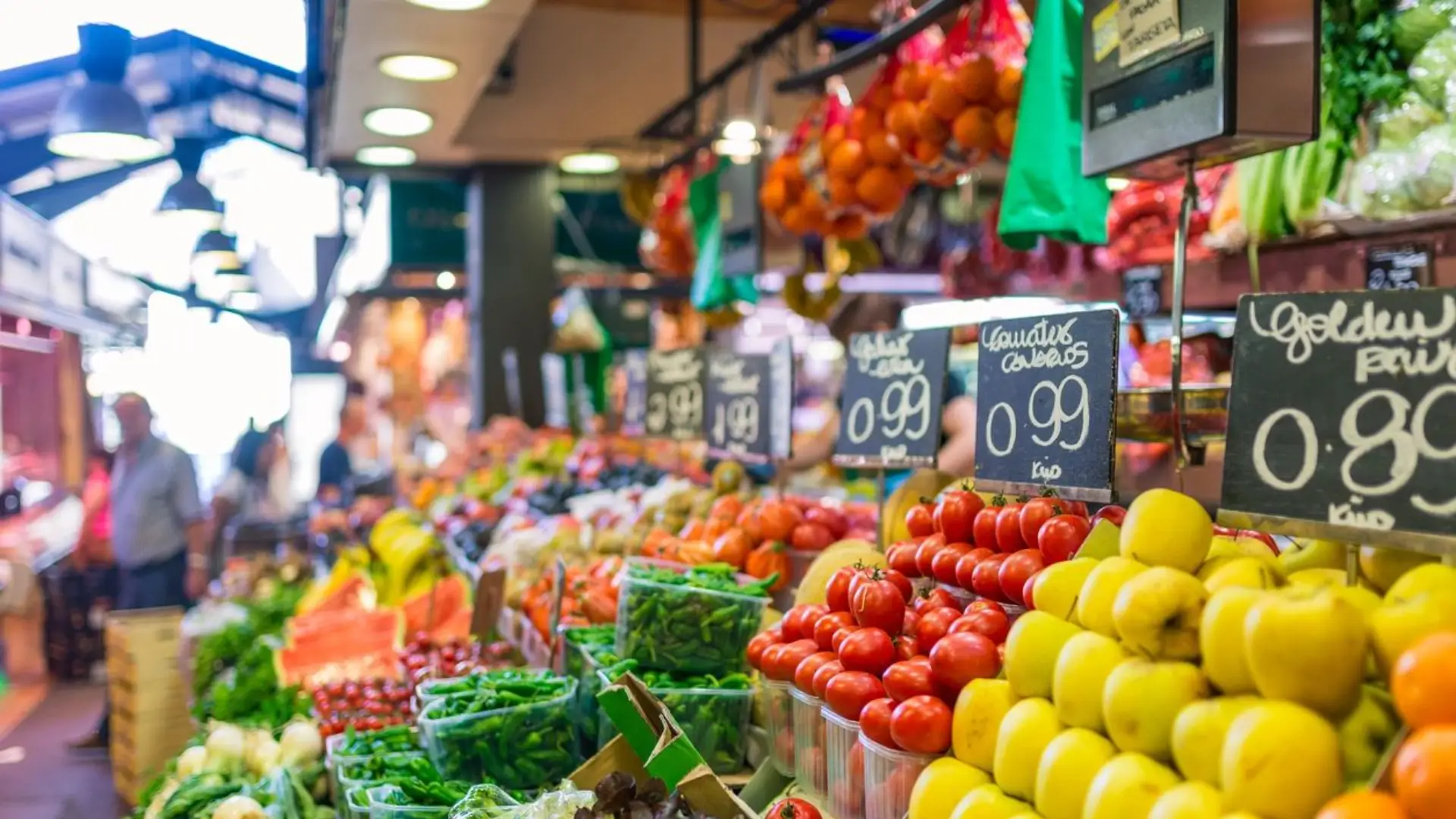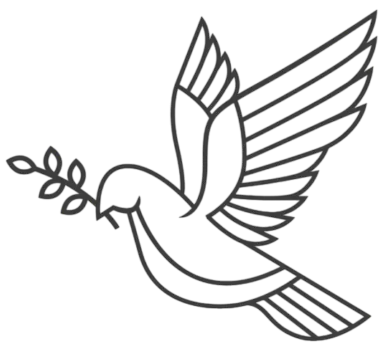
Broken windows Utah
Originally published in Utah Business.
Most people are familiar with the “Broken Windows” theory of solving social problems. In a nutshell, it says to pay attention to little problems because they are a precursor to bigger problems. If a broken window is left unrepaired, then passersby will conclude nobody cares. Over time, more serious things will happen.
This theory originated in the writings of George Kelling and James Q. Wilson. They wrote in a 1982 essay in The Atlantic Monthly that disorder and crime are usually inextricably linked. Former New York City Mayor Rudy Giuliani made the theory famous when he focused on eliminating graffiti, public drinking, public urination and toll-jumping in the New York City subway system. In effect, Giuliani said that if we can’t fix the little things, how could we fix the big things? The violent crime rate dropped by 56 percent during his two terms as mayor. Murder, robbery and aggravated assault rates all fell dramatically.
While many argue Giuliani’s policies were not the cause of these improvements, I think the theory poses interesting questions for community leaders and elected officials in Utah. What broken windows are we overlooking in our attempt to become a more prosperous state?
In my view, there are some little and big things we can do to show we care about our state and the communities we live in. Consistent with the broken window theory, we have to avoid even the appearance of disorder. Here’s my list:
Yielding to people in crosswalks.
I walk my dog three or four times a week. I marvel at how, when I stop at a crosswalk with my dog in tow, the motorists race through the zebra stripes. What’s the hurry? I’m also certain it’s not safe. Let’s start ticketing for this offense. Better yet, stop when you see a pedestrian at a crosswalk.
Landscaping along the freeways.
With some notable exceptions, Utah’s freeways don’t look very good. They are often lined with weeds and rubbish. They lack a theme that says, “This is Utah. We are proud of our state. Welcome and enjoy!” Quite the contrary, we put up electronic digital signs that say, “Bad air day. Drive less.” When we do try to landscape and beautify freeway exits and entrances, we fail to maintain them. Other metropolitan areas like Phoenix have invested in the look and feel of their throughways. The Legacy Parkway in Davis County and University Parkway in Utah County are steps in the right direction. We should beautify our roads.
Obeying traffic laws when riding a bike.
Mark my words: biking will play an increasingly important role in urban transportation. Salt Lake City’s nonprofit bike share program GREENbike continues to exceed ridership projections. More and more streets throughout our metro areas are becoming bike friendly. But cyclists beware: When you use public streets and don’t follow traffic laws, you are not just unsafe, you offend the very people to whom you need to promote a bike-friendly community. Don’t run red lights, and expect to be ticketed when you do.
Panhandling.
Begging for money has become an epidemic downtown and it’s a problem in suburbia as well. I can’t explain it, but when I’m asked for money I feel intimidated and vulnerable. Many times, the “ask” is so aggressive I fear for my safety. There are legitimate free speech issues, but ask anyone who travels to similarly-sized Western metro areas and they will tell you the problems are worse in the Salt Lake Valley. We just have to do better. The compulsion to give is right, but give to a homeless service provider or religious organization working to help those in need.
Drug dealing in neighborhoods.
If you have personal experience with drug trafficking in your neighborhood, you too can attest that often police departments are overburdened with other more serious crimes. They ignore pleas for intervention. It can seem harmless, but there is no question we are turning our heads on a major source of crime. We should put more resources into keeping neighborhoods drug free.
These are just some potential “broken window” issues for Utah leaders to consider. What does your list look like?
We should hold ourselves, and the civic institutions we create, to higher standards. Intimidation from panhandlers is not OK, nor is it right to have motorists zoom by a crosswalk with a pedestrian ready to cross. Cyclists should obey the law just like motorists. Selling drugs is not acceptable in our society, and it’s even worse when conducted in our neighborhoods. Lastly, we can make our freeways look better.
Next time you see a broken window literally or metaphorically, take note. If we solve the easy things we just may be able to solve the really hard things.

